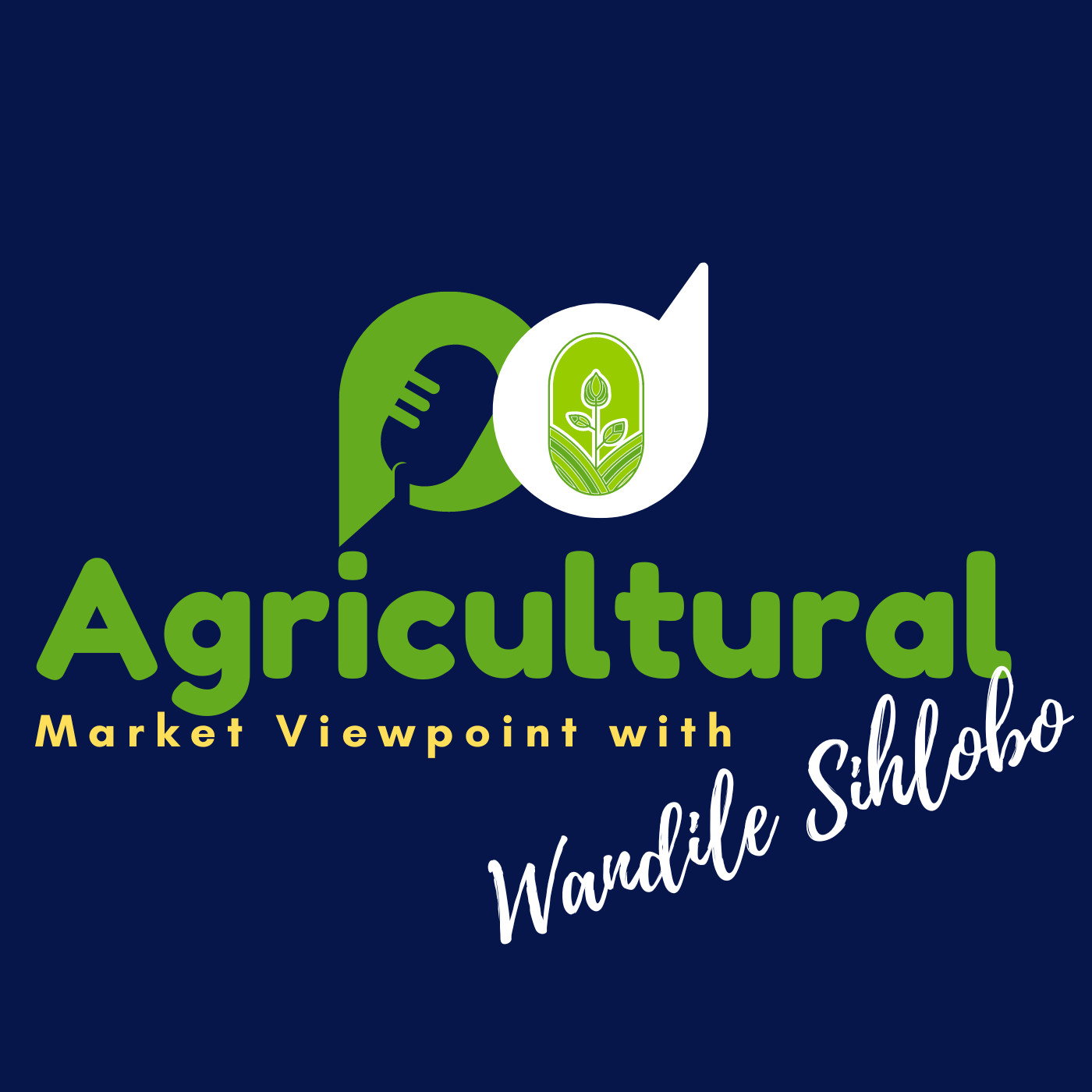Listen "What keeps SA agribusinesses up at night"
Episode Synopsis
We spent most of July on the road, engaging with Agbiz members and sector role-players in various regions of the country.
The feedback about the near-term outlook was reasonably positive in all our engagements, with many attributing their optimism to the favourable 2022/23 summer crop and 2023/24 winter crop seasons. The feedback from the horticulture and wine industries also remained encouraging as various stakeholders forecast growth and expansion prospects in the coming years.
The outlook was less optimistic when we engaged the livestock and poultry industries that struggled with higher feed costs and persistent animal disease outbreaks.
Beyond this, what all meetings agreed on was that the persistent load-shedding, rising protectionism in key export markets, rising interest rates, intensified geopolitical tensions, ongoing weakness of municipality service delivery and network industries (water, rail and ports) and deterioration of rural roads remain a significant threat to the sustainability of their businesses.
While these are not necessarily new issues, the extent of weakness this year has reached worrying levels in some. Not all these issues are within the government's control, but many are, and in such cases, the government should urgently assist. Here are a few of such cases.
We discuss more in this week's podcast segment.
My writing on agricultural economic matters is available on my blog: https://wandilesihlobo.com/
Podcast production by: Lwandiso Gwarubana, Richard Humphries, and Sam Mkokeli Wandile Sihlobo website
The feedback about the near-term outlook was reasonably positive in all our engagements, with many attributing their optimism to the favourable 2022/23 summer crop and 2023/24 winter crop seasons. The feedback from the horticulture and wine industries also remained encouraging as various stakeholders forecast growth and expansion prospects in the coming years.
The outlook was less optimistic when we engaged the livestock and poultry industries that struggled with higher feed costs and persistent animal disease outbreaks.
Beyond this, what all meetings agreed on was that the persistent load-shedding, rising protectionism in key export markets, rising interest rates, intensified geopolitical tensions, ongoing weakness of municipality service delivery and network industries (water, rail and ports) and deterioration of rural roads remain a significant threat to the sustainability of their businesses.
While these are not necessarily new issues, the extent of weakness this year has reached worrying levels in some. Not all these issues are within the government's control, but many are, and in such cases, the government should urgently assist. Here are a few of such cases.
We discuss more in this week's podcast segment.
My writing on agricultural economic matters is available on my blog: https://wandilesihlobo.com/
Podcast production by: Lwandiso Gwarubana, Richard Humphries, and Sam Mkokeli Wandile Sihlobo website
More episodes of the podcast Agricultural Market Viewpoint with Wandile Sihlobo
South Africa's maize exports to Zimbabwe continue, as the import ban seems to have been eased
13/10/2025
Kenya's maize production has recovered
27/09/2025
South Africa's food price inflation eases
17/09/2025
South African farmers will start planting summer crops in October, and the outlook is encouraging
16/09/2025
Zimbabwe bans maize imports
01/09/2025
 ZARZA We are Zarza, the prestigious firm behind major projects in information technology.
ZARZA We are Zarza, the prestigious firm behind major projects in information technology.
